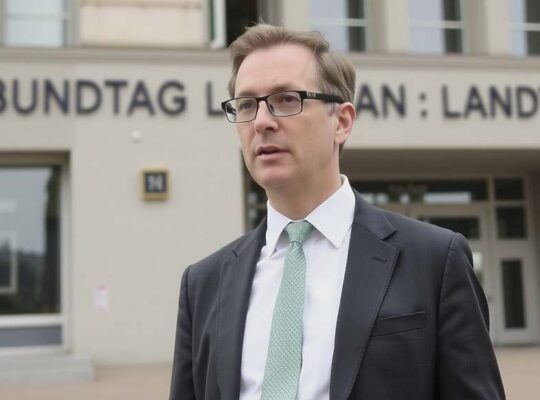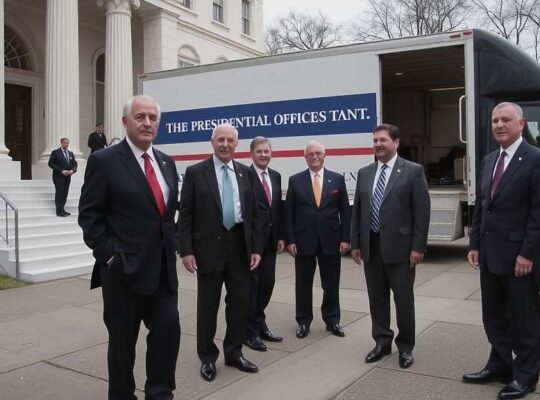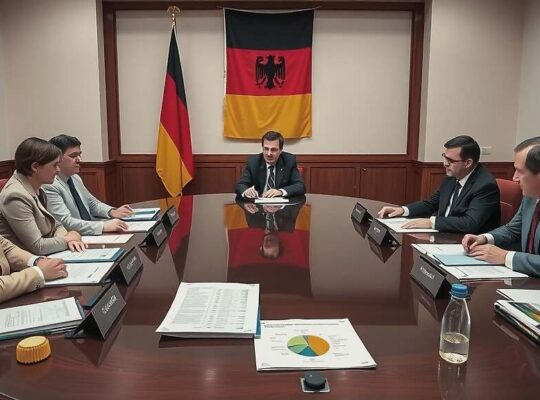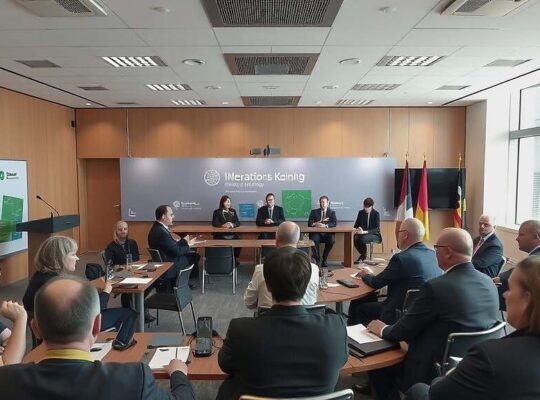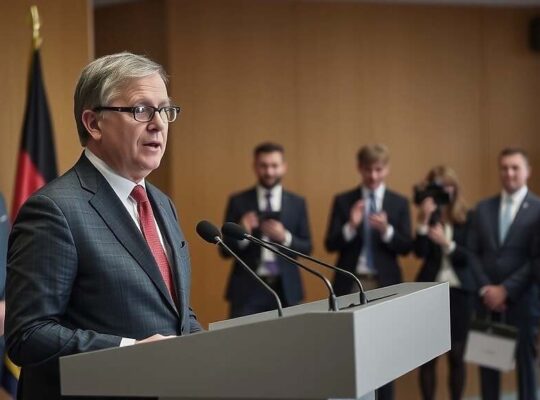Germany Grapples with China’s Dominance in Battery Cell Production
Lower Saxony’s Minister President, Olaf Lies, has ignited a debate regarding Germany’s precarious reliance on China for the burgeoning battery cell industry, highlighting a strategic vulnerability with significant political and economic implications.. In a recent interview with the ARD program “Bericht aus Berlin” Lies expressed serious concerns over Germany’s dependence, noting that over 80% of global battery cell production currently originates from China, while the nation struggles to even manufacture the necessary machinery within Europe.
While acknowledging the continued importance of trade and market access in China, Lies emphasized the urgent need for targeted investment to bolster European sovereignty in critical sectors. He framed the push for domestic battery cell production, electric vehicle manufacturing and value creation as intrinsically linked to building resilience against geopolitical and supply chain disruptions.
Lies’ remarks are particularly relevant against the backdrop of increasing cost pressures within the German automotive industry. He conceded that current European production costs are simply unable to compete with those in China, a factor threatening the viability of domestic battery cell manufacturing. He underscored the long-term necessity of repatriating essential technological capabilities – specifically, chip production and the sourcing of critical materials – to Europe, effectively reducing reliance on potentially volatile external suppliers.
The call for greater autonomy comes at a complex time, as Germany navigates a delicate balance between economic opportunity and national security. Re-shoring critical production processes represents a substantial financial undertaking, demanding significant government commitment and potentially necessitating difficult choices regarding industrial policy and subsidies. Lies’ warning serves as a stark reminder of the long-term strategic costs associated with over-reliance on external powers and underscores the increasing imperative for Germany to proactively shape its industrial future.




